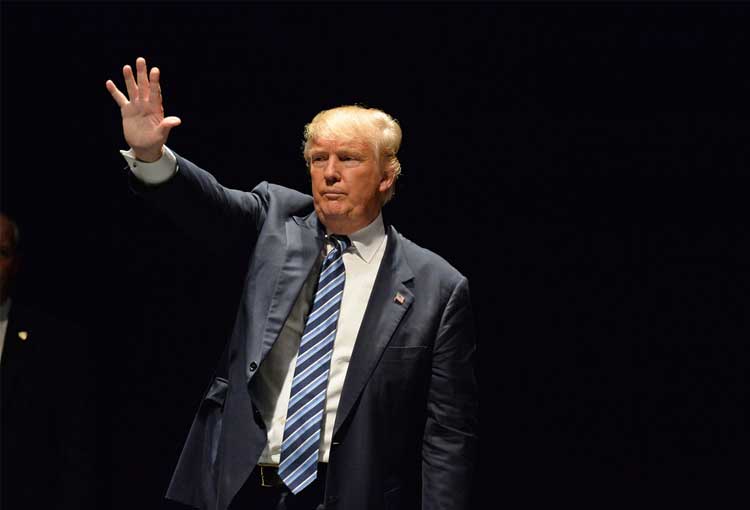Increase in exports could offset investment decline
Tuesday, December 6, 2016

Central American exports could benefit, insofar as cheap currencies – a result of policies implemented by a Donald Trump administration - make them competitive in the United States.
Exporters of value-added goods and services would likely get a major share of any gain, since they tend to be able to increase output more easily than agricultural commodities.
The currencies of Costa Rica, Guatemala, Honduras and Nicaragua would tend to lose value, as a result of a decline in direct investment by American companies.
El Salvador and Panama use the dollar as their currency.
Foreign investment during the last five years - mostly American – has helped boost the value of local currencies, while the region has run a deficit in goods and services trade.
During the period, Guatemala’s trade deficit was modest, at just over 2% of the value of national production.
However, the deficit in the other Central American countries was significant, ranging from 5% of GDP in Costa Rica to 10% in Panama.
Surpluses in direct investment generally compensated for the trade shortfall, with Panama attracting new projects worth 9% of GDP, compared to 2% in Guatemala.
As for as potential export growth is concerned, processed foods along with processed beverages and coffee would be well positioned.
In the services sector, software and tourism could take advantage of devalued currencies.
The degree to which local currencies may depreciate will depend on specific policies adopted by the United States.
On the one hand, it is expensive to stimulate local investment through tax exemptions, as the state of Indiana did last week to prevent a move to Mexico from an operation of Carrier Corporation, a producer of heating and ventilation equipment .
Renegotiating current trade rules, including those with Mexico, would not be easy.
However, exchange rates pressure can be expected, given Trump's declared intention to restrict foreign investment by American companies, following a combination of incentives and sanctions.
The United States last year bought Central American goods worth $15 billion, more than any other country.
